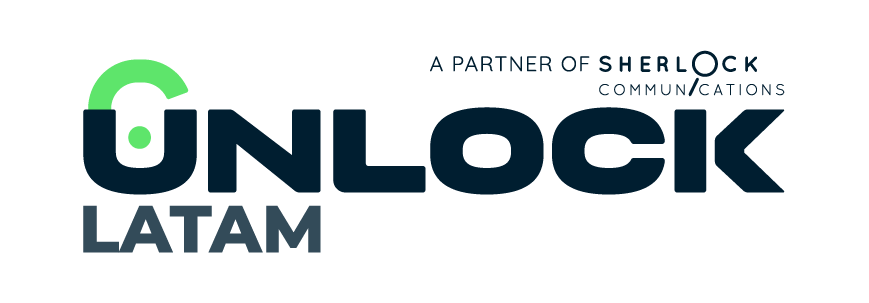Renewable Energy Regulations: What Global Expansion Leaders Need to Know
The renewable energy sector is experiencing unprecedented growth across Latin America, with governments implementing ambitious clean energy targets and new regulatory frameworks. For companies eyeing expansion into these markets, understanding renewable energy regulations isn’t just about compliance, it’s about positioning your business for long-term success in one of the world’s most dynamic regions.
Understanding Latin America’s Renewable Energy Landscape
Latin America has emerged as a renewable energy powerhouse, with countries like Brazil, Chile, and Mexico leading the charge. The region’s regulatory frameworks are evolving rapidly to accommodate new technologies and investment models. Each market presents unique opportunities, but also distinct regulatory challenges that require careful navigation.
Companies entering these markets must understand that renewable energy regulations vary significantly between countries. What works in Brazil may not apply in Colombia, and Mexico’s energy reform has created an entirely different playing field. Success requires a nuanced, market-specific approach.
Key Regulatory Frameworks You Can't Ignore
National Energy Policies
Every Latin American country has established national energy transition goals, often tied to international climate commitments. These policies shape everything from project approval timelines to grid connection requirements.
Brazil’s regulatory environment, for instance, emphasizes distributed generation and net metering. Chile has streamlined permitting processes to attract foreign investment. Understanding these frameworks helps you identify where your business model fits best.
Licensing and Permitting Requirements
The licensing process for renewable energy projects involves multiple governmental agencies and can take anywhere from months to years. Environmental permits, land use authorizations, and grid interconnection approvals must be secured before breaking ground.
Compliance Challenges for International Companies

Foreign companies often underestimate the complexity of local compliance requirements. Renewable energy regulations in Latin America encompass not just energy law, but also environmental protection, indigenous rights, labor standards, and tax obligations. Language barriers and nuanced legal terminology lead to costly misinterpretations that many companies discover only after significant investments have been made.
Building relationships with local regulatory bodies is essential. In Latin American business culture, personal connections and understanding regional protocols can accelerate approvals and resolve issues before they become obstacles.
Financial Incentives and Policy Support Mechanisms
Latin American governments offer various incentives to attract renewable energy investment, often tied to specific compliance requirements where missing deadlines or failing to meet local content rules can disqualify projects from receiving benefits:
- Tax exemptions on imported equipment and technology
- Preferential financing through development banks
- Feed-in tariffs and power purchase agreement frameworks
- Accelerated depreciation for clean energy assets
Grid Connection and Technical Standards
Grid connection represents one of the most technically complex aspects of renewable energy regulations. Each country has specific technical requirements for voltage levels, power quality, and system stability. Interconnection studies must demonstrate that your project won’t destabilize the local grid.
Technical standards often differ from international norms, requiring equipment modifications or additional engineering work. Smart companies factor these requirements into their project timelines and budgets from day one, avoiding costly delays during the construction phase.
Environmental and Social Compliance
Environmental impact assessments are mandatory for virtually all renewable energy projects. These studies must address biodiversity, water resources, and community impacts. Projects in sensitive areas face additional scrutiny and may require enhanced mitigation measures.
Social license to operate has become increasingly important. Community consultation isn’t just a regulatory checkbox, it’s essential for project success. Many renewable energy regulations now require free, prior, and informed consent from affected communities, particularly indigenous populations.
Partner With Experts Who Know the Territory
Expanding into Latin America’s renewable energy markets requires local expertise, cultural intelligence, and strategic partnerships. Unlock Latam specializes in helping international companies navigate complex Latin American markets, connecting you with the right stakeholders and translating regulatory requirements into actionable strategies. Ready to unlock your renewable energy opportunities? Let’s start a conversation about your expansion goals.
Looking for more guidance? You might find these resources helpful in planning your next steps:

Your Trusted Partner in LATAM Expansion
From market research to legal compliance, we guide your business every step of the way.
